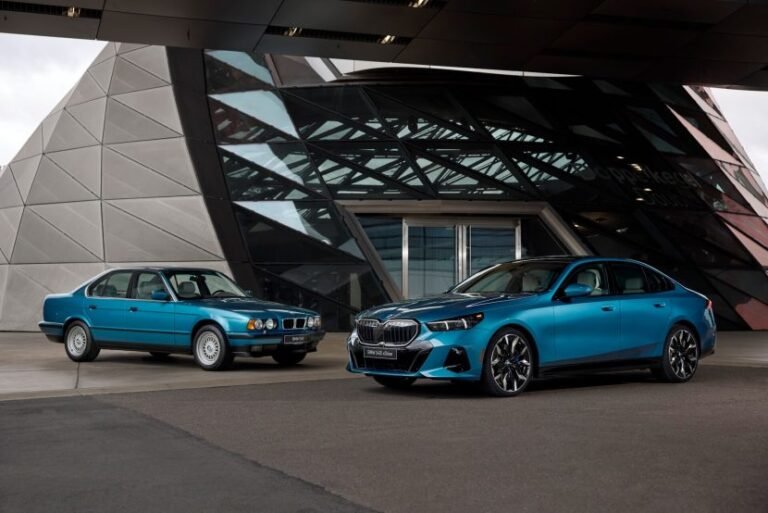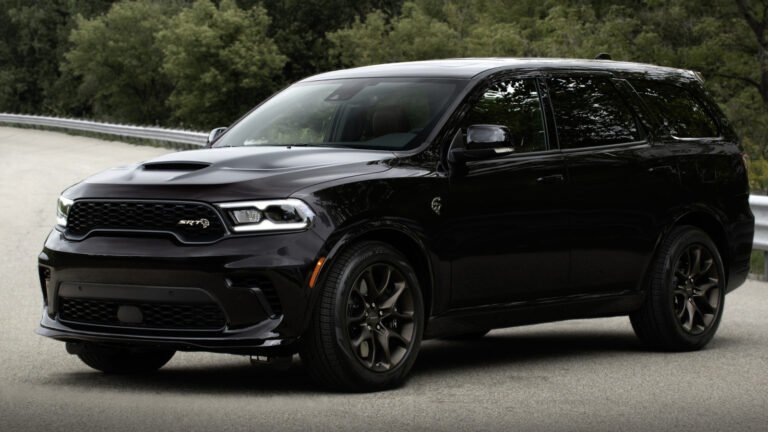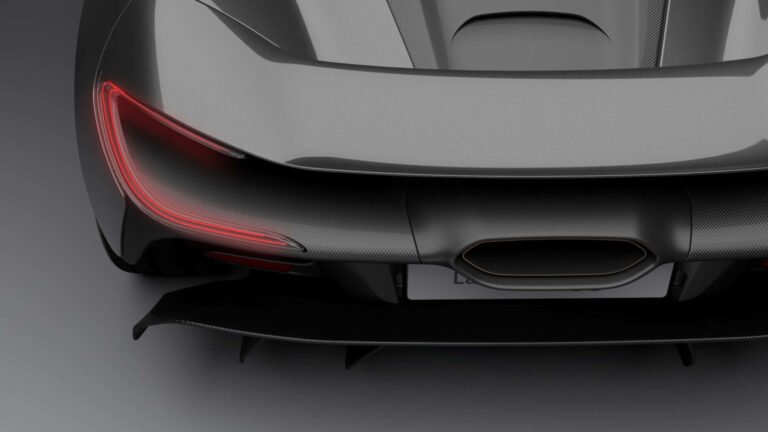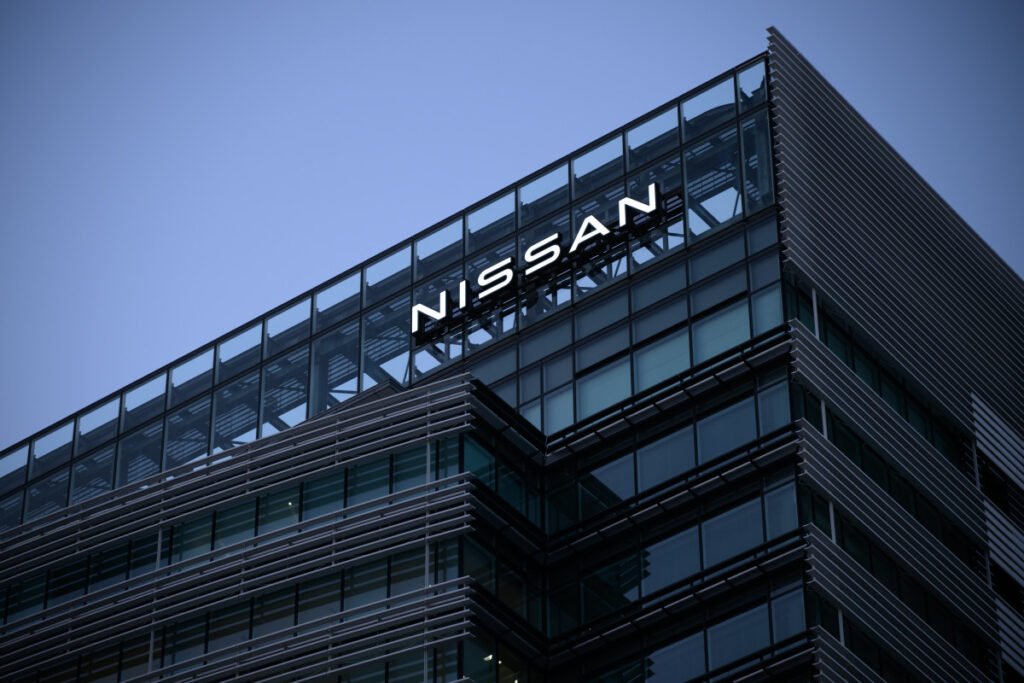
Business hasn’t been easy for Nissan recently
Since taking the helm on April 1, Nissan CEO Ivan Espinosa has been tasked with supercharging the recovery and restructuring efforts meant to steer the storied Japanese automaker back on the right track.
Last month, Espinosa revealed a turnaround plan titled “Re:Nissan,” which consisted of heavy streamlining and consolidation of the automaker’s current assets. These include increased job cuts affecting up to about 20,000 people and closing seven of Nissan’s car factories, among other moves he categorized as “a very, very painful and sad decision to take” that is “necessary for the survival of Nissan.”
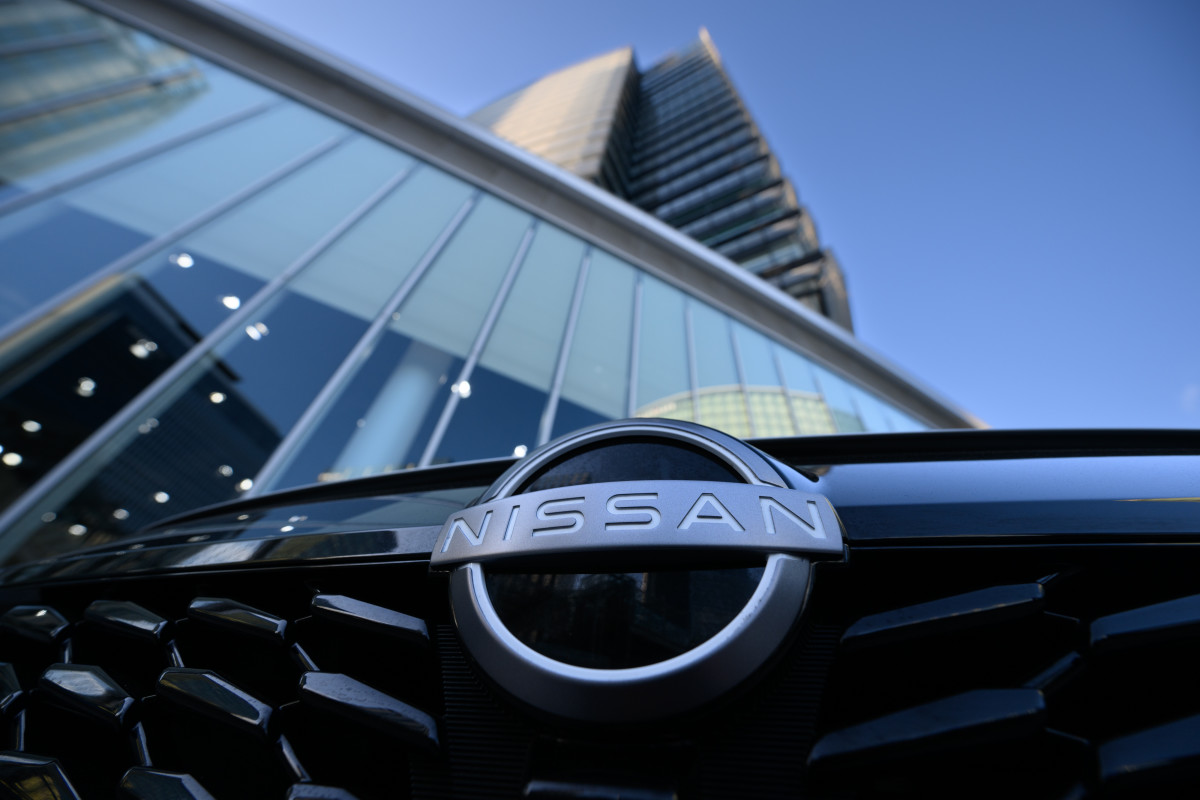
Akio Kon/Bloomberg via Getty Images
Nissan’s plans to sell part of its Renault stake to raise funds, Nikkei reports
In a report published by Japanese business authority Nikkei on June 16, Nissan CEO Ivan Espinosa said that the automaker plans to reduce its stake in its longtime alliance partner Renault. Nissan currently holds a 15% stake in the French automaker; however, the two said in March that they mutually agreed to reduce their required minimum stake in each other’s company from 15% to 10%. Under their agreement, either Nissan or Renault is required to coordinate with the other party before they sell shares, which they hold the right to refuse.
At current share prices, chopping off a 5% stake in Renault would raise about 100 billion yen ($640 million). The Nissan CEO said that this would fund Nissan’s plans for new vehicle development. “We are bringing down our cross-shareholdings in order to invest in vehicles,” Espinosa told Nikkei in an interview.
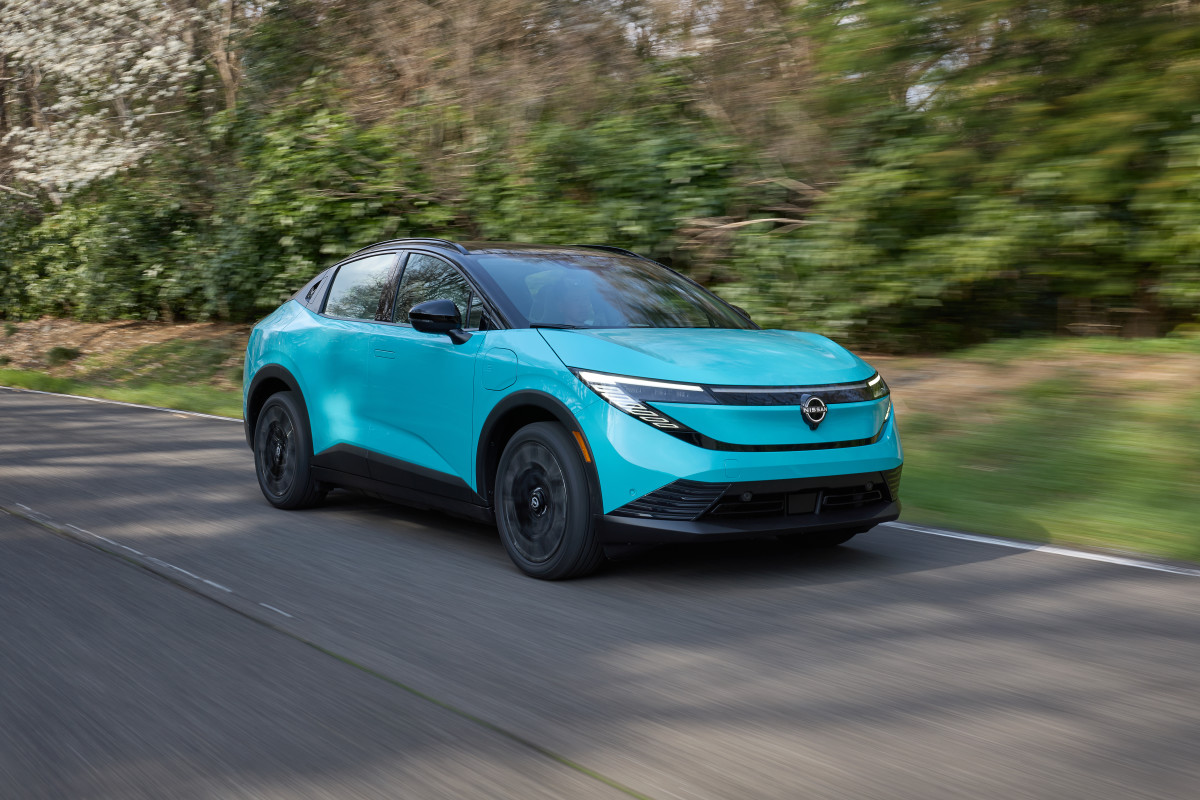
Nissan
Renault and Nissan’s relationship dates back to 1999. When they first partnered, Renault acquired 36.8% of Nissan for $3.5 billion. In return, Nissan promised to invest in Renault once it was financially stable. In 2001, after Nissan successfully turned around from the brink of bankruptcy, it purchased a 15% stake in Renault. In response, Renault increased its stake in Nissan to 43.4%.
After more than two decades together, Renault and Nissan have established some distance between each other. Since 2023, Renault has been gradually selling its stake in Nissan as part of a significant revision of their alliance agreement, which aimed to establish a more balanced relationship between the two automakers. However, in remarks to Nikkei Asia, Espinosa emphasized that the reduced amount of involvement on paper is not meant to indicate that the French-Japanese tie-up isn’t eroding.
“Maybe from the outside it looks like the relationship is weakening because we are reducing the shareholding that we have with each other,” he said in an interview with Nikkei Asia. “Actually, it is the opposite.”
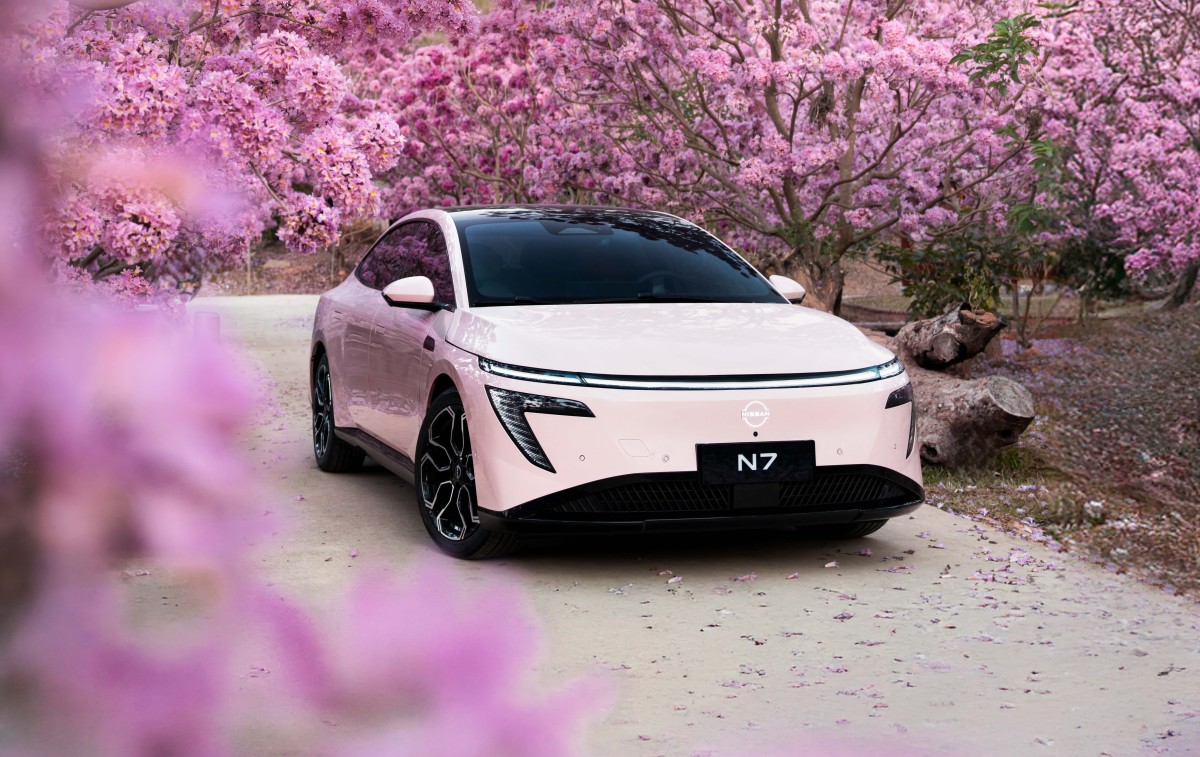
Nissan
In March, Nissan sold its 51% share in a car plant in India to its joint owner, Renault Group, resulting in the French company’s ownership of 100%. The move aligned with Nissan’s goal of reducing fixed costs and Renault’s goal of expanding its business outside Europe. Renault will continue producing cars for Nissan in India. Espinosa said collaborating with partners such as Renault and Mitsubishi was a “very easy [and] practical way to work,” adding that, “the relationship is actually very close because we have many projects ongoing.”
Final thoughts
In an interview with Nikkei, Espinosa said that his business plan, which would cut jobs and factories following a 2024-2025 fiscal year net loss of nearly $4.6 billion, was meant to tackle problems at Nissan that were skin-deep, adding: “It is important to understand this is not [just] … solving the problems that started one or two years ago. We are really fixing some fundamental problems that the company has.”
He also added that he wanted to reverse past management’s moves, which had invested a significant amount in production capacity and human resources for a sales surge that never materialized, noting that such a feat had become “impossible.”
“The only remaining [option] is resizing the company… We know we cannot grow the volume,” Espinosa said, adding that he would “bring the company size to something that we can manage with the revenue that we have.” Though Espinosa has been known as a “car guy,” ultimately, producing cars is a business, and right-sized solutions are needed to succeed in this industry. Hopefully, this will help Nissan continue.
